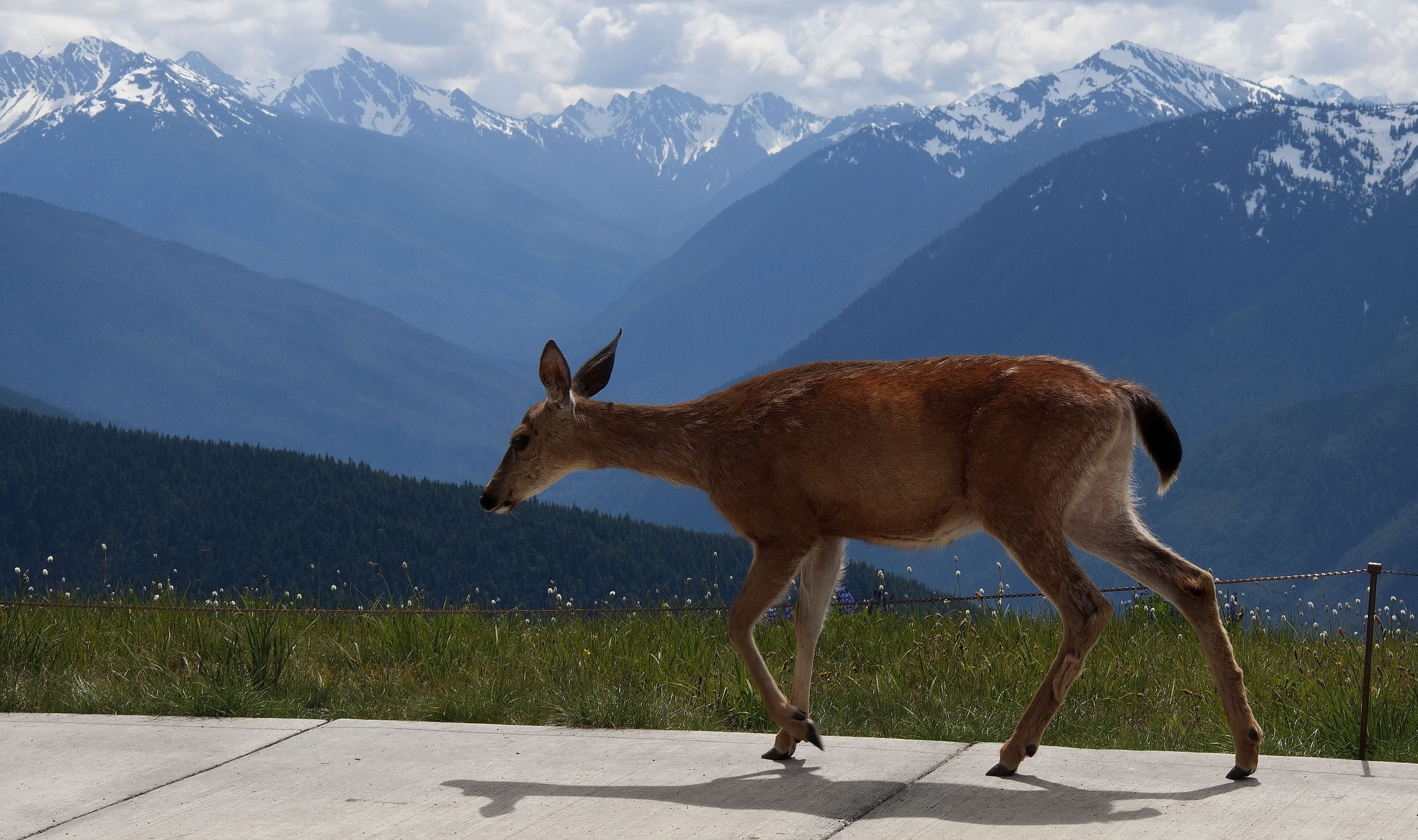Driving to Gary in the Rain
 Gary, Texas — It is a gray day in Gary and throughout the Piney Woods, rain falling in sheets at times. I am traveling farm roads over swollen creeks, relying on my phone’s GPS to find the home of a couple I am set to interview, who live a few miles from this small town. My store-bought GPS, nicknamed Gretel because she leaves electronic bread crumbs for me to follow, denies Gary’s existence for unknown reasons. Luckily the app on my phone provides the route. I remember roughly how to get to Gary, but not to where this couple lives. Besides, I have relied on a GPS too long now to be adept at a map. One more Boy Scout skill gone rusty.
Gary, Texas — It is a gray day in Gary and throughout the Piney Woods, rain falling in sheets at times. I am traveling farm roads over swollen creeks, relying on my phone’s GPS to find the home of a couple I am set to interview, who live a few miles from this small town. My store-bought GPS, nicknamed Gretel because she leaves electronic bread crumbs for me to follow, denies Gary’s existence for unknown reasons. Luckily the app on my phone provides the route. I remember roughly how to get to Gary, but not to where this couple lives. Besides, I have relied on a GPS too long now to be adept at a map. One more Boy Scout skill gone rusty.
This is the type of day that once epitomized an East Texas January day — cold, raining, wind blowing, everything the same color of gun-metal gray. But the drought of the past few years sent these types of winter days receding in our collective memories. Maybe they are making a comeback. One holds hope. Nonetheless, it is a lovely day for a country drive on unfamiliar roads, windshield wipers keeping rhythm with the radio, tires hugging the asphalt, me keeping the car 5 mph below the speed limit and giving the index-finger wave to each vehicle I encounter. That’s what you do in the country to say howdy to strangers encountered on the road.
After the interview, I go exploring. Before leaving home, I consulted the Handbook of Texas online to learn about the history of this hamlet that coincidentally bears my name. The area was first settled in the mid-1840s and then known as Zuber, which has a bit more zing than “Gary.” When the railroad came through a half-century later, an official townsite was established. One of the town’s founders named it after one of his grandsons, a fellow named Gary Sanford. The town of Gary by 1899 was what the handbook describes as a bustling sawmill town, as the virgin forests were mowed down and cotton planted in their place. Apparently, until the town went dry in 1905, the Red Front Saloon was a magnet of activity, some of which might have been of the rougher sort. Famed Western historian Walter Prescott Webb and country singer Tex Ritter both were born in Gary. Someone should put up a sign. That is worth bragging about.
The population peaked at about 500 in the 1940s but has stayed at about 300 for decades. The city limits sign indicated 311 as I drove through. I was headed to Camp Pirtle, the Boy Scout camp located about five miles away on the shores of Lake Murvaul. I knew it would almost certainly be closed but just wanted to get a gander from the gate. The last time I went past that gate was more than 40 years ago. I was a member of Troop 201 in Longview, Texas, and my grandfather, Carl Borders, was camp director at the time.
I found the entrance easily enough, marked by a wooden sign with a rock foundation, similar in style to the structures built during the Depression by Works Progress Administration workers. Driving past the entrance sign, there are 12 red arrows pointing skyward in a line along the shoulder, with the Scout Laws printed upon each of them. I murmur the laws to myself as I drive slowly past, obeying the 15 mph speed limit: Trustworthy, Loyal, Helpful, Friendly, Courteous, Kind, Obedient, Cheerful, Thrifty, Brave, Clean and Reverent. You could do worse than follow the Scout laws.
A couple of pickups were parked at what must be the caretakers homes, at the parking lots, but the gate indeed was locked into the campground, as I expected. Past that gate, I spent several idyllic summers. One week I would stay in a tent with my fellow Scouts in Troop 201, under the sharp eye of legendary Scoutmaster V.G. Rollins. I chopped wood, built lanyards, completed a mile swim in the weedy waters of Lake Murvaul, shivered while listening to ghost stories at night. Then, on another week, I stayed with my grandfather in his lakeside cabin, rode with him in the 1940s-era Willys Jeep as he made the rounds as camp director, slept under air conditioning on the couch and felt like royalty.
I admit I preferred the latter. No sense lying about it. I was never much for roughing it, being more of a day-hiker kind of guy who prefers bedding down under the AC at night instead of in a tent.
As I drove through Camp Pirtle’s parking lot to circle back and head home, the rain again whipping through the pine trees, I could hear my late grandfather’s voice and laugh. He loved Boy Scouts, a career he came to late in his working life, after selling insurance and working as a police officer. He wore the Scout uniform proudly, and I must say it fit him well.
I begin the drive home, rain still slashing the windshield. It has been a fine day for a winter drive.
Leave a reply
Fields marked with * are required











